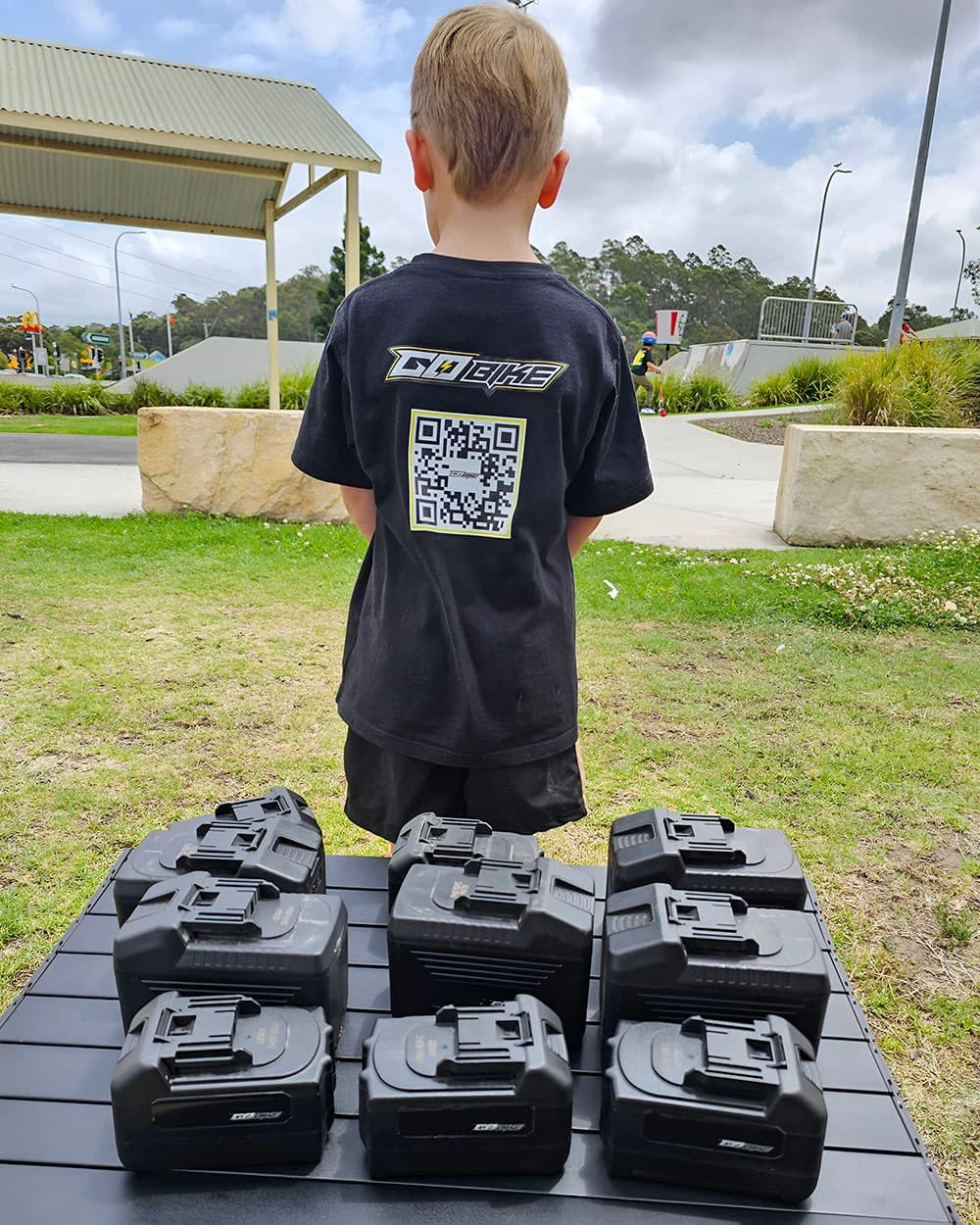More Than a Ride: How Biking with Mates Boosts Social Skills
By GoBike Team on 2025-09-28

Learning to ride a bike is a massive personal achievement for any child. It's a symbol of independence and growing confidence. But when kids take that skill and start riding with their mates, something even more amazing happens: they start learning vital social lessons without even realising it.
A group bike ride is a mini-society on wheels. Here are some of the incredible social skills your child develops when they ride with friends.
1. Communication and Cooperation
A bike ride isn't just about pedalling. It's about deciding where to go, who will lead, and when to stop for a snack.
- Negotiating: "Let's go to the big park!" "Nah, the BMX track is better!" Kids learn to voice their opinions, listen to others, and find a compromise.
- Giving Instructions: They learn to communicate clearly, calling out things like "Slowing down!" or "Watch out for that branch!" to keep the group safe.
2. Empathy and Encouragement
Every group has riders with different skill levels. This is a perfect opportunity for kids to learn empathy.
- Helping a Friend: When one child falls or struggles with a small hill, others learn to stop, check if they're okay, and offer a word of encouragement.
- Patience: Faster riders learn to wait for their friends, understanding that the goal is to have fun together.
3. Independence and Trust
Riding in a small group gives children a taste of independence within a safe social structure.
- Shared Responsibility: They learn to look out for each other. This shared responsibility builds a strong sense of trust and camaraderie.
- Problem-Solving: A flat tyre or a dropped chain becomes a group problem to solve, teaching them to work together to find a solution.
4. Healthy Competition
A little friendly race to the next lamppost is great for motivation! It teaches kids about sportsmanship—how to win gracefully and, more importantly, how to lose without a tantrum. It's not about being the best; it's about doing your best and cheering on your friends.
So next time you're organising a playdate, suggest a bike ride. You're not just giving them a fun activity; you're giving them a playground for learning some of life's most important social skills.
Ready to start the adventure?
Shop Australia's best-rated electric bikes for kids. Built for safety, engineered for fun.
Shop All Bikes →Written by GoBike Team
GoBike is Australia's leading provider of electric balance bikes for kids. Our mission is to get kids outdoors and help them develop confidence on two wheels safely.



